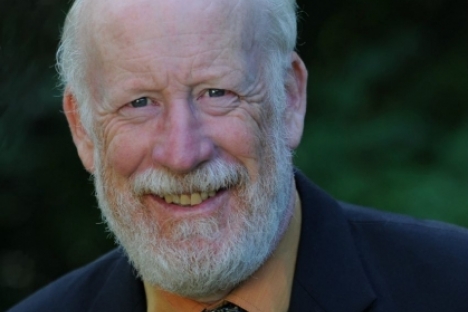COLUMN: Federal Bill C-76 addresses some electoral concerns
After the 2015 federal election, most Canadians were happy about the prospects for positive electoral reform. Both the Liberals and the NDP had campaigned on promises that first, there would be no more elections under the old first-past-the-post system, and second, that they would repeal the unfair aspects of the Conservative’s so-called “Fair Elections Act.”
The Liberals broke that first promise within their first year. At the end of April, the federal Liberal government tabled bill C-76, an act meant to tackle the second promise. Elections Canada had given the government an April deadline to have new rules passed—not just introduced—in order to be ready for the 2019 election. While I welcome this legislation, since the fairness and integrity of our electoral process is at the heart of our democracy, it seems to be too late to make a difference for the 2019 election.
It is another very large, complex bill—230 pages—even the minister responsible for the bill was confused about its details when introducing it. Needless to say, with the Elections Canada deadline already passed, the government is anxious to move it through the House quickly and last week they shut off the debate. We should have had extensive consultations across the country about this matter over the last 18 months. This is our democracy we’re dealing with, so we should take the time to make sure these changes are the right ones.
How does this bill make elections fairer? First, it would allow people to vote using a voter ID card as identification, and second, it would bring back vouching, a process by which people without proper identification can vote if someone else vouches for their identity. That process had been done away with by the Conservatives, a move widely criticized because it tried to fix a non-existent problem—there are vanishingly few, if any, examples of voter fraud happening because of vouching. On the other hand, vouching enabled many disadvantaged Canadians—those without driver’s licences or a fixed address—to easily vote.
The new bill also has provisions to regulate the private information that political parties gather on Canadians. This issue has been in the news recently with the revelations about Cambridge Analytica and its Canadian spin-offs that have been implicated in meddling with the American election and the Brexit vote.
There is one interesting part of the bill that lets future voters between the ages of 14 and 17 register on the voters list before they are allowed to vote at age 18. I visit a lot of schools and find the students very well informed and engaged; often their questions and comments are more interesting and to the point than those I hear from adults. I really think we should be debating whether we should lower the voting age to 16—young people should have a say in their future, and they are just as ready for that responsibility as adults.
The bill covers many other topics. It restricts the election writ period to a maximum of 50 days, so that we won’t have another 77-day marathon as we had in 2015. It has a myriad of provisions around third party involvement in elections, but these seem rather ineffective due to very high spending limits.
But the one thing the bill doesn’t include is the real election reform that Canadians were looking for. Our first-past-the-post system gives parties with only 39 percent of the vote majority governments with 100 percent of the power. Canadians deserve a better system in which every vote counts.
























Comments